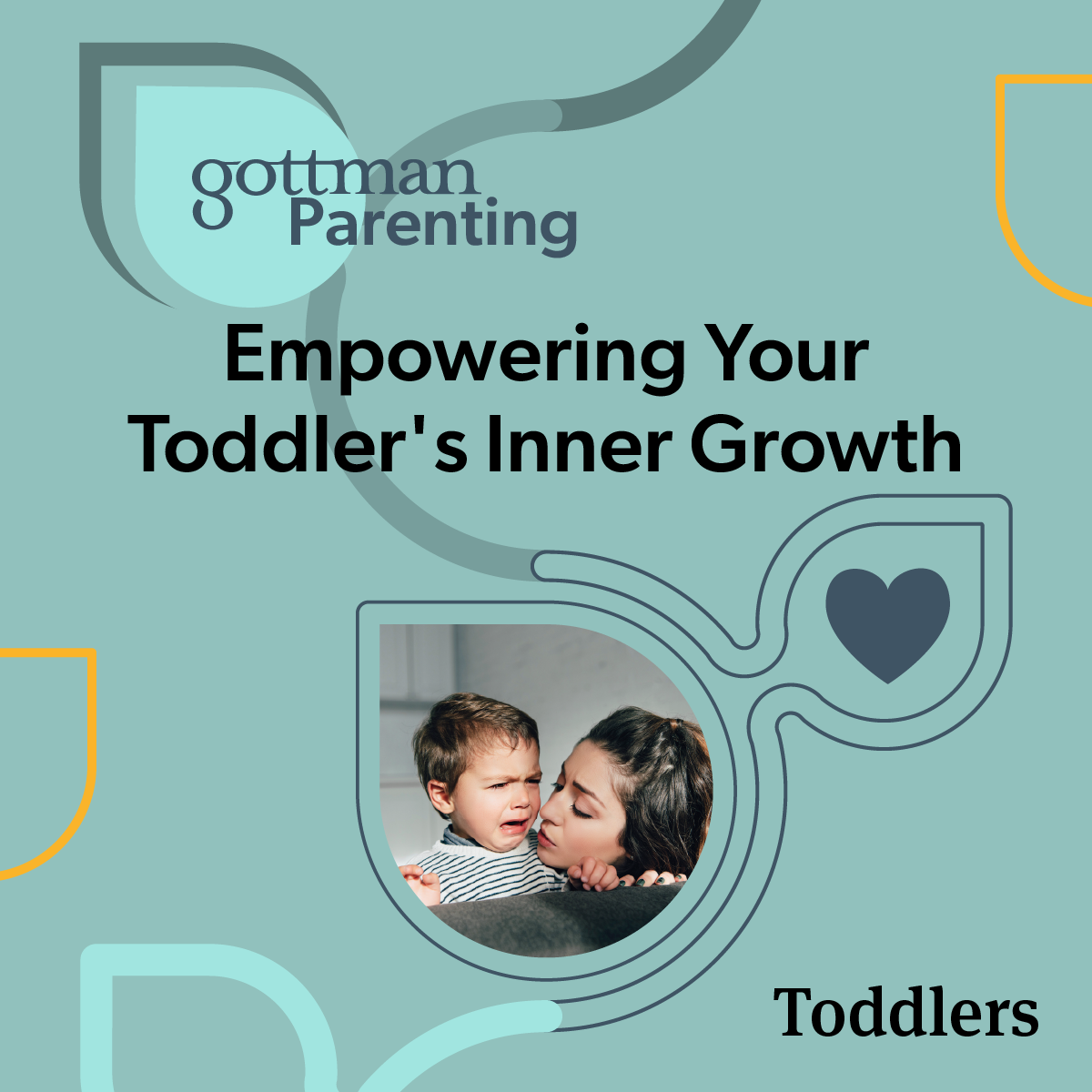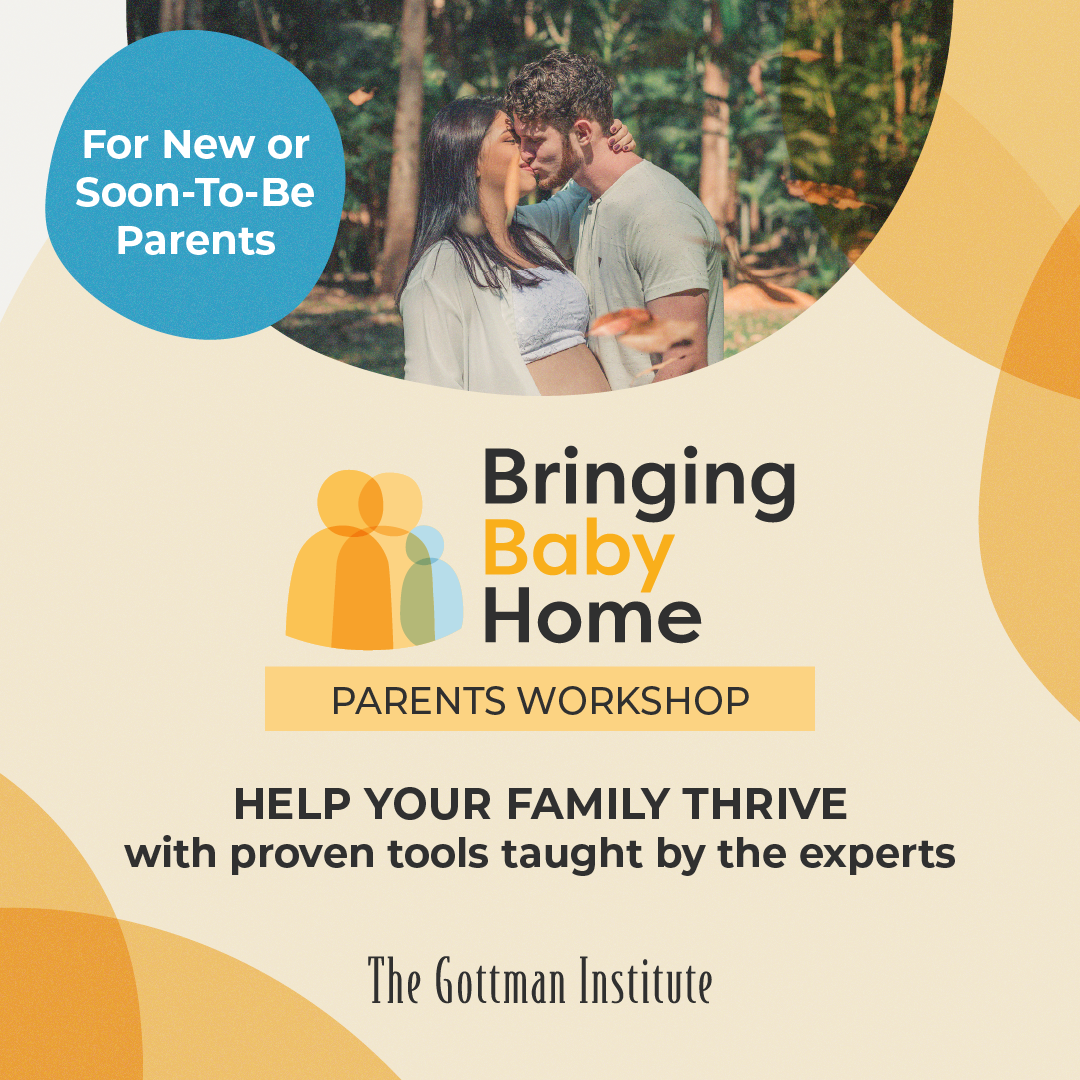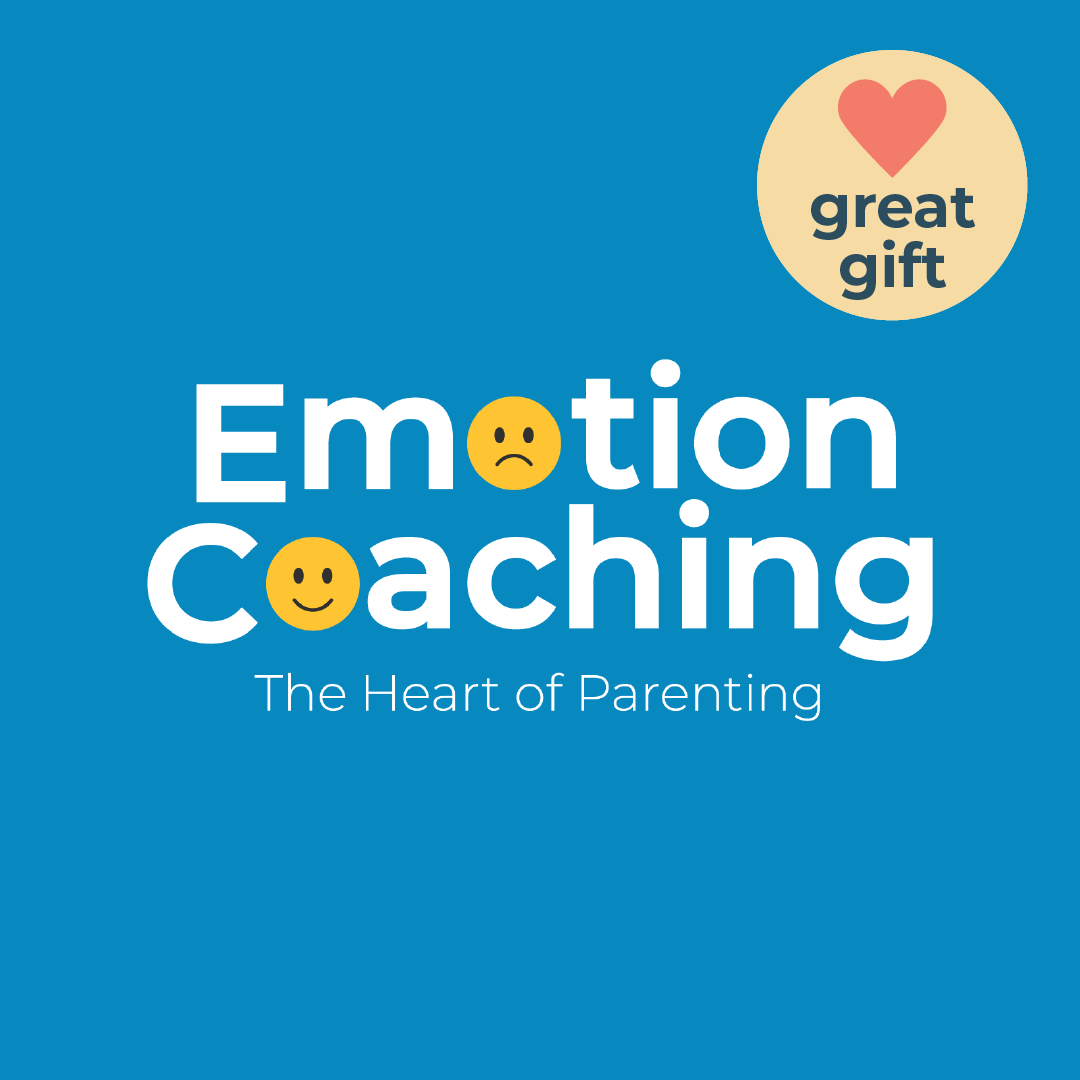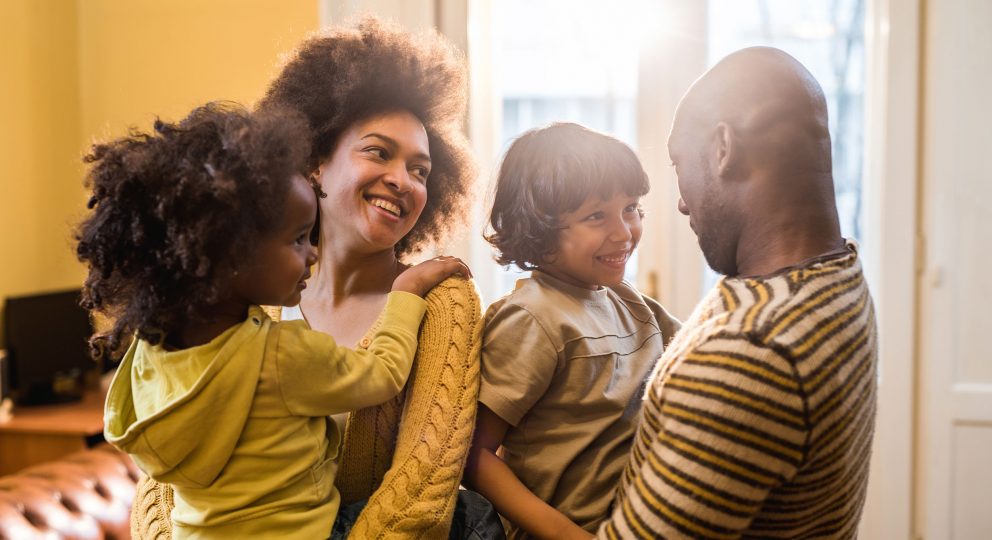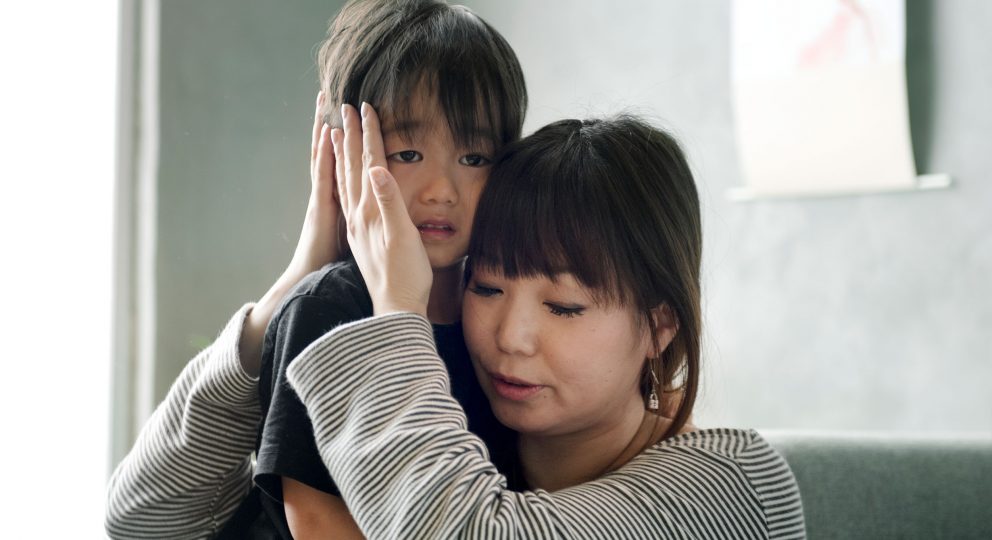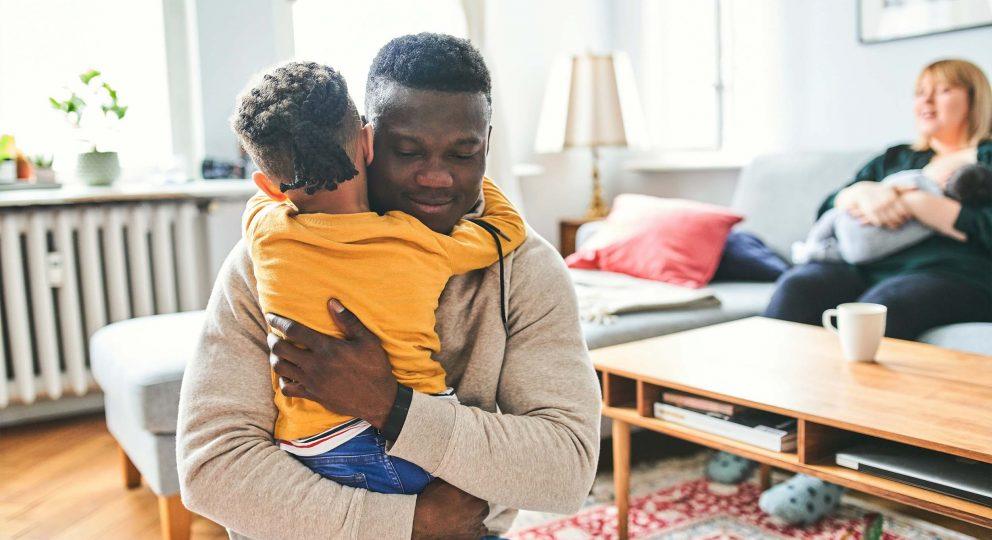If I could go back in time, I would relive my adolescence…(said nobody ever). Can you imagine? Reliving those awkward years where your teeth don’t quite fit your face, your skin betrays you, and your prefrontal cortex is far from fully developed? No thanks.
If you watched Disney Pixar’s “Inside Out”, which aired in 2015, you might remember Riley, the 11-year-old girl whose family had recently moved from Minnesota to San Francisco. There, we watched Riley experience emotions of Joy, Sadness, Anger, Fear, and Disgust as she navigated a difficult transition during a vulnerable time in her life.
And finally, the sequel is here
In “Inside Out 2”, 13-year-old Riley is further along in her adolescence and must make room for some emotions that are a bit more sophisticated: Anxiety, Ennui/Embarrassment (my personal favorite–she’s a vibe), and Envy. As a therapist and a mother, I am HERE for the portrayal of emotions that are a bit more complex/secondary–because if you remember your adolescent years, you remember that everything was complicated, and emotions were most certainly magnified. And most of the support you needed at that time was not actually solution-oriented; but to be given the space to feel heard, seen, understood and accepted during those intense experiences was everything.
This is where Dr. John Gottman’s Emotion Coaching can be useful. The five critical steps of Emotion Coaching include:
- Having awareness of your child’s emotion(s)
- Recognizing your child’s emotional expression as a moment for connection
- Listening with empathy and validation
- Helping your child label their emotions
- Setting limits to help solve problems and navigate difficult situations
When these steps are done with intentionality and curiosity, you are cultivating a foundation of connection, trust, safety, and security with your child. Your child feels seen and supported. They can take a breath and take space to recognize and honor their internal world and experiences, without external or internal judgment or criticism.
Making space for ALL the emotions
One of the scenes that stood out to me most in the film was the portrayal of Riley experiencing an anxiety attack. In that scene, we witness the physiological experience of anxiety–her racing heart, sweating, and intense cognitive rumination of who she is as a person. All of this is happening while, behind the scenes, Riley’s “sense of self” is threatened. This scene felt like a poignant and horribly accurate depiction of adolescence–a part of yourself that you don’t want to fully experience or share with others for fear of not being accepted. But the antidote to that is vulnerability–sharing that authentic part of yourself with others.
Another beautiful scene I resonated with in “Inside Out 2” is when all of Riley’s emotions, the primary and secondary, come together and physically (and figuratively) hold Riley’s “sense of self” while allowing her to fully experience all of the emotions, narratives, and thoughts she has. Instead of trying to control, they accept. And true acceptance of all of our parts is what we all crave and desire.
In summary, this quote from the film epitomizes Emotion Coaching in a nutshell: “We love all of our girl. Every messy, beautiful part of her.” If we make space and validate all of our emotions, every messy, beautiful part of ourselves (and our children), we can live fully and authentically.

